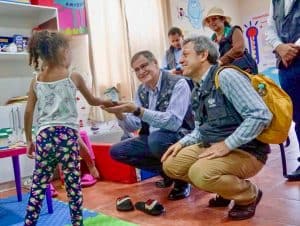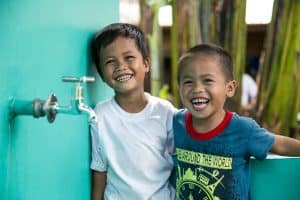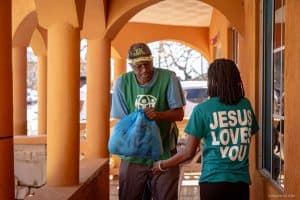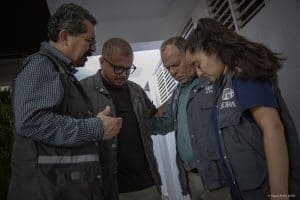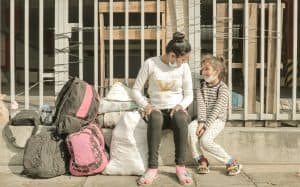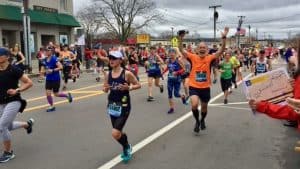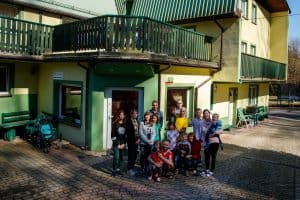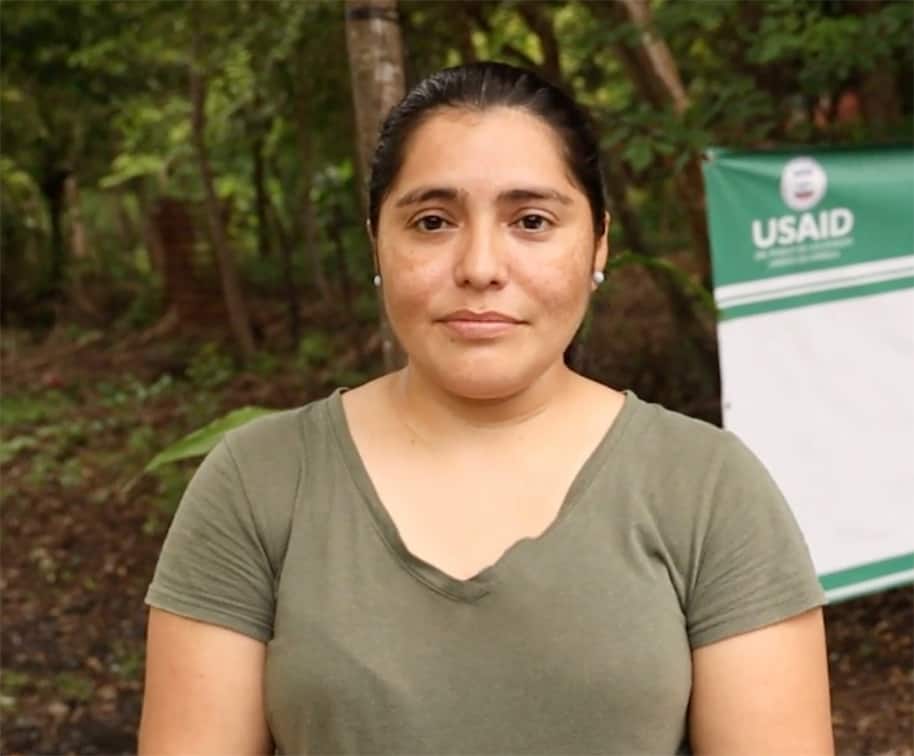
Ingrid Flores is a single woman living with her mother and young son in the dry corridor of Honduras where more than half of the population is living in substandard conditions. For years she lived with an abusive husband until one day he beat her and left her lying on the floor because she put her sick child’s needs above his. The child witnessed the blows and later told her, “Mommy, I saw Daddy kill you.”
She knew it was time to leave, but where could she go and how could she support her son? Her older brother took them in, which enabled her to train for a career in public accounting. Even with that, she couldn’t support the two of them after her brother died of COVID-19. Her mom moved in and helped when she could. Ingrid struggled in abysmal poverty until the Adventist Development and Relief Agency (ADRA) began a food security and livelihoods program in her neighborhood that changed her life.
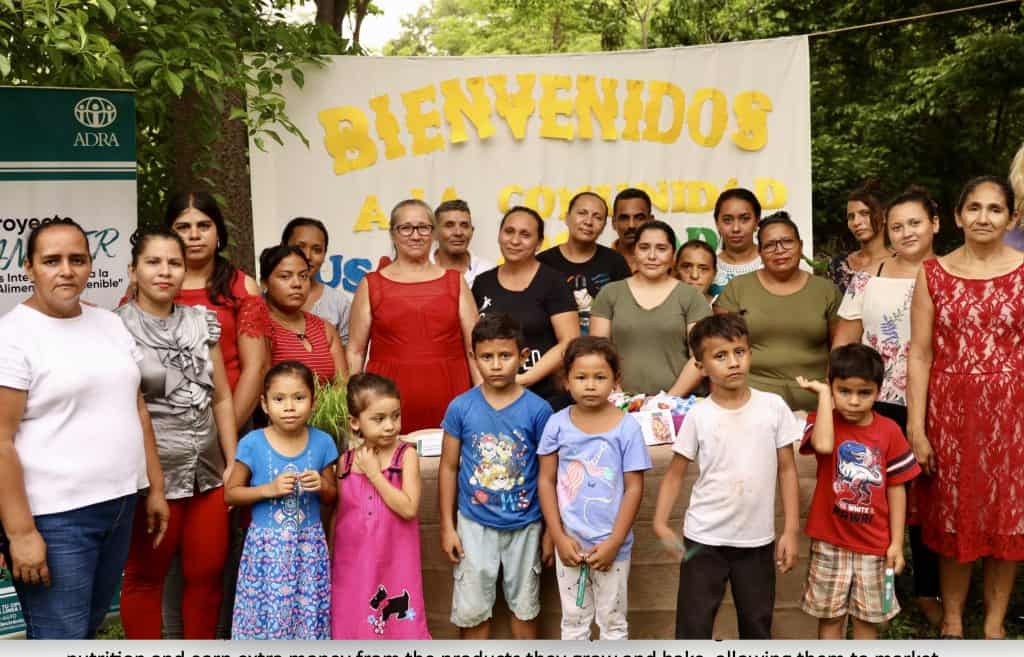
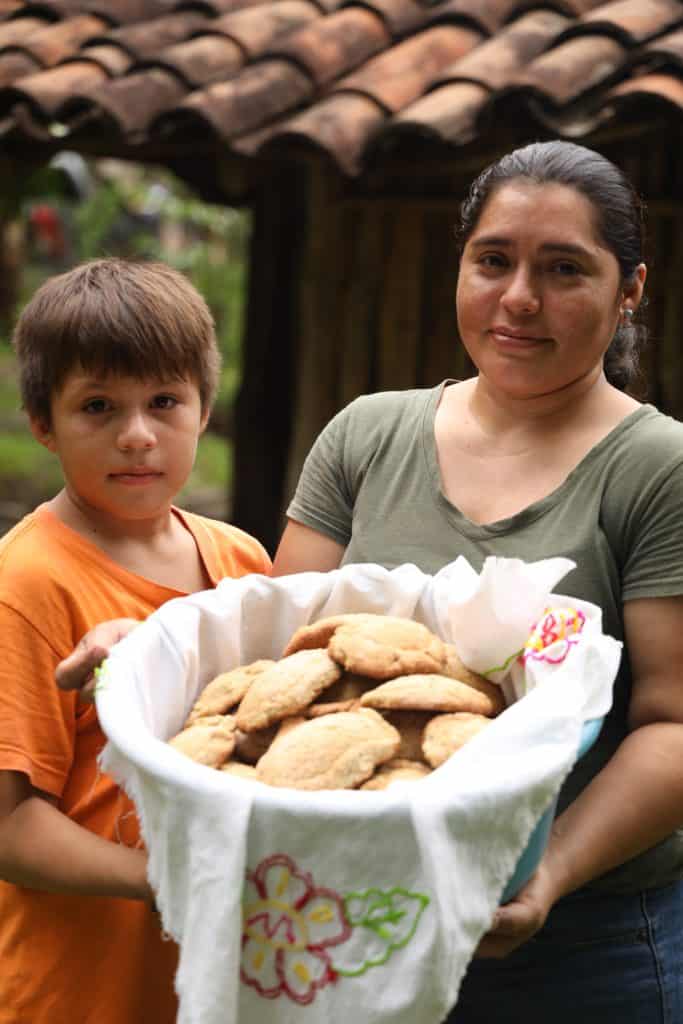
ADRA partnered with the United States Agency for International Development (USAID) to begin the Transfer programs in Honduras that establish self-sufficiency and generate agricultural resilience opportunities. Moms like Ingrid receive a monthly cash voucher to cover their immediate needs, and ADRA teaches them how to develop sustainable gardens to enhance nutrition and earn extra money from the products they grow and bake, allowing them to market the fruits of their labor.
“My son loves pumpkin cooked with honey,” Ingrid says. “Now, I can feed him all the pumpkins he likes and sell some at the market. He is healthy and strong.”
She also believes that ADRA’s gardening and cooking classes have transformed her life. She explains, “Thanks to ADRA’s effort, my life has changed dramatically. My mother’s and son’s as well, because ADRA helped us when we needed it the most.”
